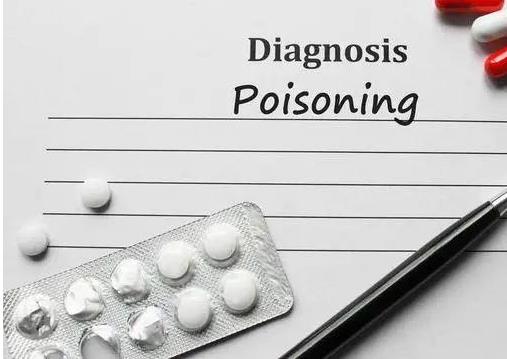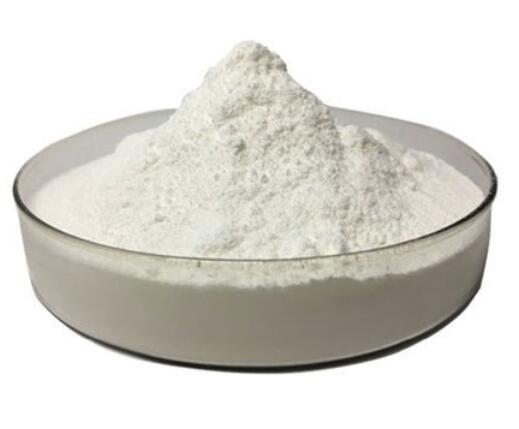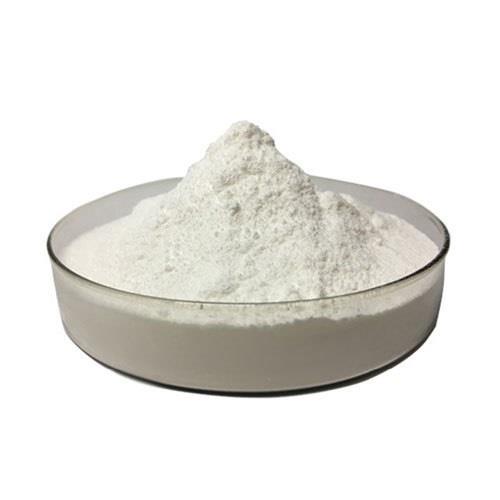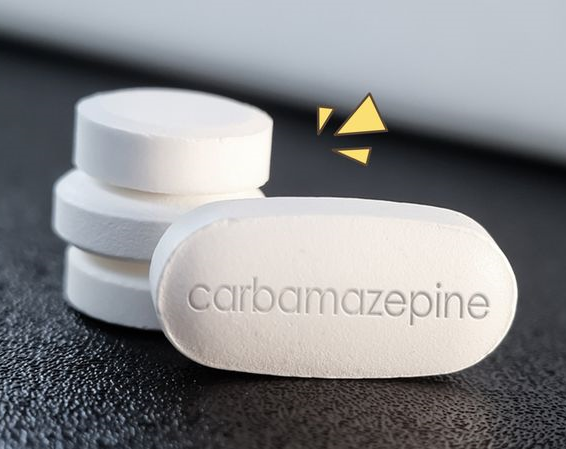What is Famotidine used for?
Description
Famotidine is a potent histamine H2-receptor antagonist that differs structurally from its predecessors, cimitidine and ranitidine, in having a guanidine-substituted thiazole ring rather than an imidazole or furan ring. In humans, famotidine inhibits basal and stimulated gastric acid secretion from parietal cells and has no apparent clinically significant activity at histamine H2-receptors outside the gastrointestinal tract. Through the inhibition of gastric acid secretion, famotidine promotes the healing of duodenal and gastric ulcers and erosive esophagitis. Famotidine is given by mouth or parenterally by the intravenous route. It has an excellent tolerability profile and has the lowest incidence of side effects. Famotidine is metabolized in the liver to famotidine S-oxide. The metabolite has no pharmacological activity on gastric acid secretion. It is eliminated largely as an unchanged drug, and only 30–35% undergo metabolic routes.
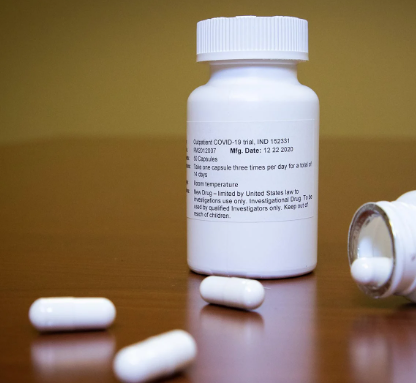
Chemical property
Famotidine solution has a pH of 5.0–5.6; homogenous suspensions of the drug have a pH of 6.5–7.5 and melts at about 163–164 oC. The solution of famotidine is light-sensitive and should be protected from light. Commercially available famotidine tablets are stored in well-closed, light-resistant containers at 40℃ or less.
Indication
Famotidine is used to treat stomach ulcers (gastric and duodenal), erosive esophagitis (heartburn or acid indigestion), and gastroesophageal reflux disease (GERD). GERD is a condition where the acid in the stomach washes back up into the esophagus. It is also used to treat certain conditions with too much acid in the stomach (e.g., Zollinger-Ellison syndrome and multiple endocrine neoplasia).
Famotidine is used to relieve symptoms of acid reflux and heartburn. It does this by reducing the amount of acid in your stomach. It treats the following conditions:
gastroesophageal reflux disease (GERD). GERD happens when acid in your stomach backs up into your esophagus (the tube that connects your mouth to your stomach). This may cause a burning feeling in your chest or throat, a sour taste in your mouth, or burping.
Acid-related damage to the lining of your esophagus
duodenal ulcers. The duodenal area is the part of your intestine where food passes when it leaves the stomach.
stomach ulcers
conditions where your stomach makes too much acid. These conditions include Zollinger-Ellison syndrome.
How it works
Famotidine belongs to a class of drugs called histamine-2 receptor blockers. A class of drugs is a group of medications that work in a similar way. These drugs are often used to treat similar conditions.
Famotidine blocks the histamine 2 (H2) receptor in your stomach. This receptor helps release acid in your stomach. By blocking this receptor, this drug lowers the acid released in your stomach.
You may like
Related articles And Qustion
Lastest Price from Famotidine manufacturers
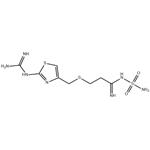
US $0.00/kg2025-10-26
- CAS:
- 76824-35-6
- Min. Order:
- 1kg
- Purity:
- 98%
- Supply Ability:
- Customise

US $5.00-0.50/KG2025-05-07
- CAS:
- 76824-35-6
- Min. Order:
- 1KG
- Purity:
- 99% hplc
- Supply Ability:
- 500TONS

